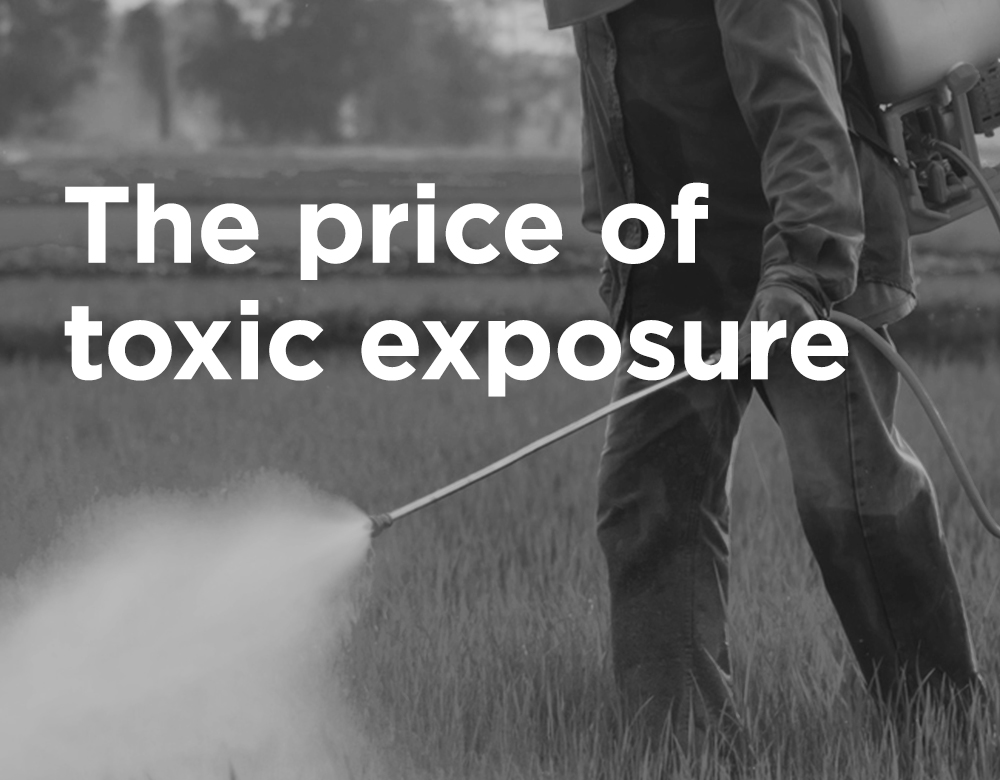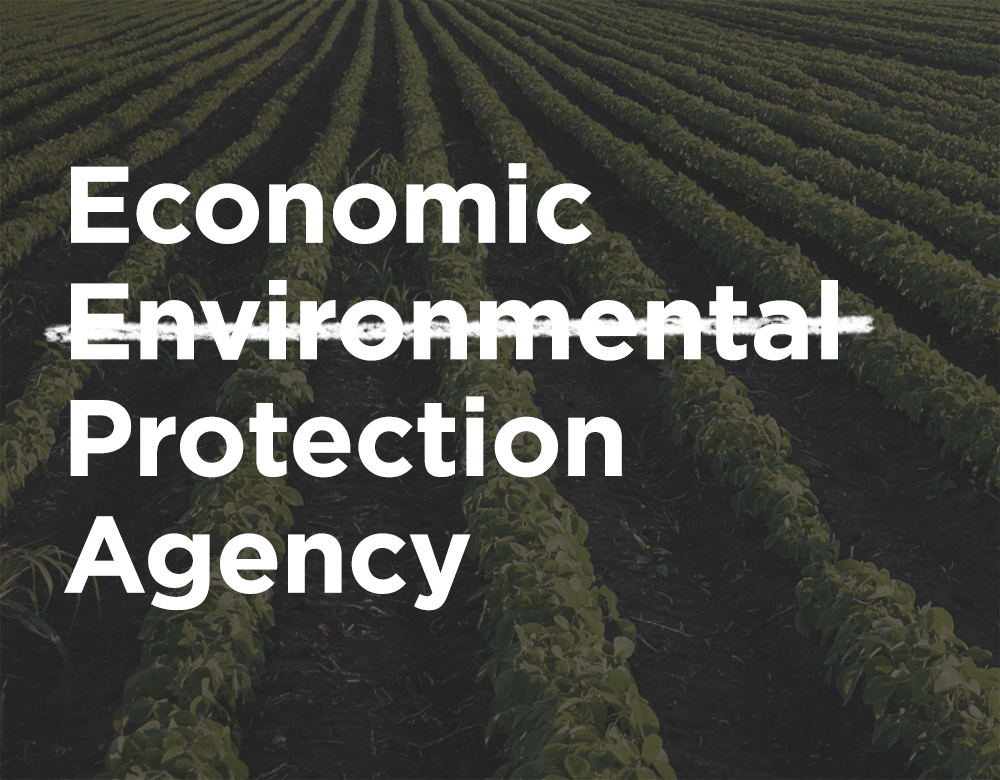According to the Centers for Disease Control, one baby in 33 will suffer from a birth defect. Yet some are completely preventable. One of the primary causes for birth defects in the US? A parent’s exposure to toxic chemicals, often unwittingly at the workplace. Three industries commonly known for potential of toxic exposure are the agricultural industry due to pesticides, semiconductor industry due to toxic chemicals used in the manufacturing of conductor components, and the coal industry due to the toxins found in the byproduct coal ash.
Pesticides and Birth Defects
Unless farmworkers are properly protected, the chemicals used to spray crops in several aspects of the agricultural process, could be passed through the mother or father to a baby in the womb. Animal studies in the U.S. have linked a chemical commonly found in Roundup to birth defects and reproductive problems, while other studies have found that glyphosate harms cell DNA in human embryos, the placenta and the umbilical cord. Other farm-based pesticides known to cause birth defects and childhood cancers include but are not limited to Brigade, Captan, Goal, Honcho, Pro 90, and a group called chlorinated pesticides (DDT, chlordane, and lindane). Be cautious if you work with these chemicals and take preventative measures to protect your unborn baby or those conceived in the future.
Semiconductors and Birth Defects
In the electronics and high tech industries, exposure to toxic chemicals can cause genetic damage to male and female workers. Workers involved in the manufacture of computer components, like silicon chips or video display equipment, often work in “clean rooms” where the air is constantly recirculated to protect the components from contamination. While the products are kept safe, employees are placed at risk as they are continuously exposed to air contaminated with toxic fumes from Glycol Ethers or Positive Photo Resist.
By inhaling these toxins or coming into contact with them on their skin, many workers develop genetic injuries. Parents unknowingly pass on damaged DNA to their children. This can result in a number of birth defects, including deformed or missing organs, abnormal or missing limbs, cognitive impairment, heart defects, and blindness.
This can result in a number of birth defects, including deformed or missing organs, abnormal or missing limbs, cognitive impairment, heart defects, and blindness.
Coal Ash and Birth Defects
The process of burning coal concentrates the chemicals found in coal ash, and that concentration creates a hazard. “Coal ash,” contains a number of heavy metals including arsenic, lead, and selenium. These heavy metals are confirmed causes of childhood birth defects, cancer, and neurological issues. Researchers also report that coal ash is ten times more radioactive than regular coal. If you were to work around the burning of coal or disposing of the waste, it would be very important not to inhale the ash particles.
Protect Yourself from Toxic Exposure to Avoid Babies with Birth Defects
Awareness is a key to avoiding the toxic exposure leading to birth defects at work. Keeping the skin and lungs properly protected with safe gear and staying clear of spray times or unsealed areas can help. Extra caution and preventative measures should be the primary concern of employers in these industries.


